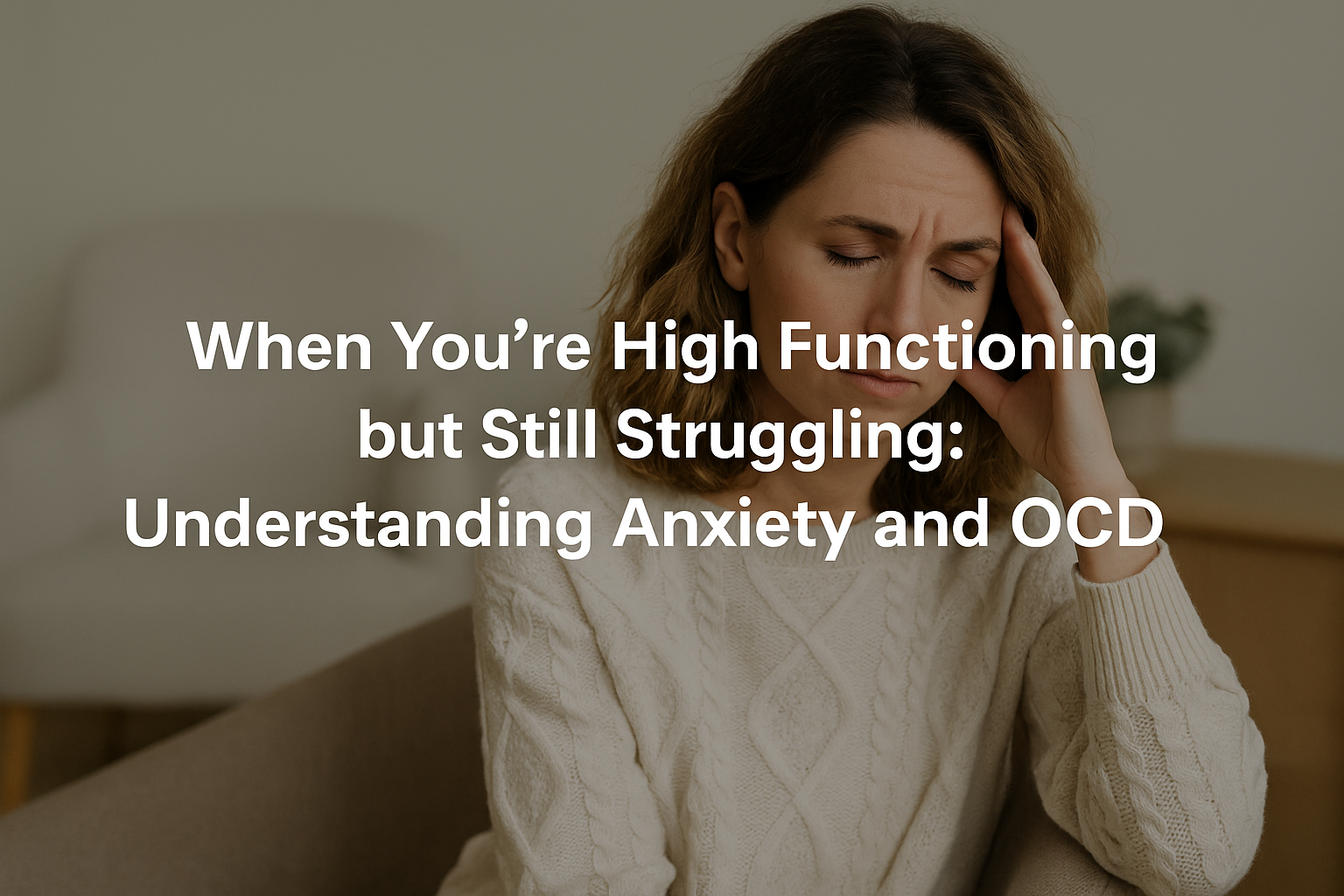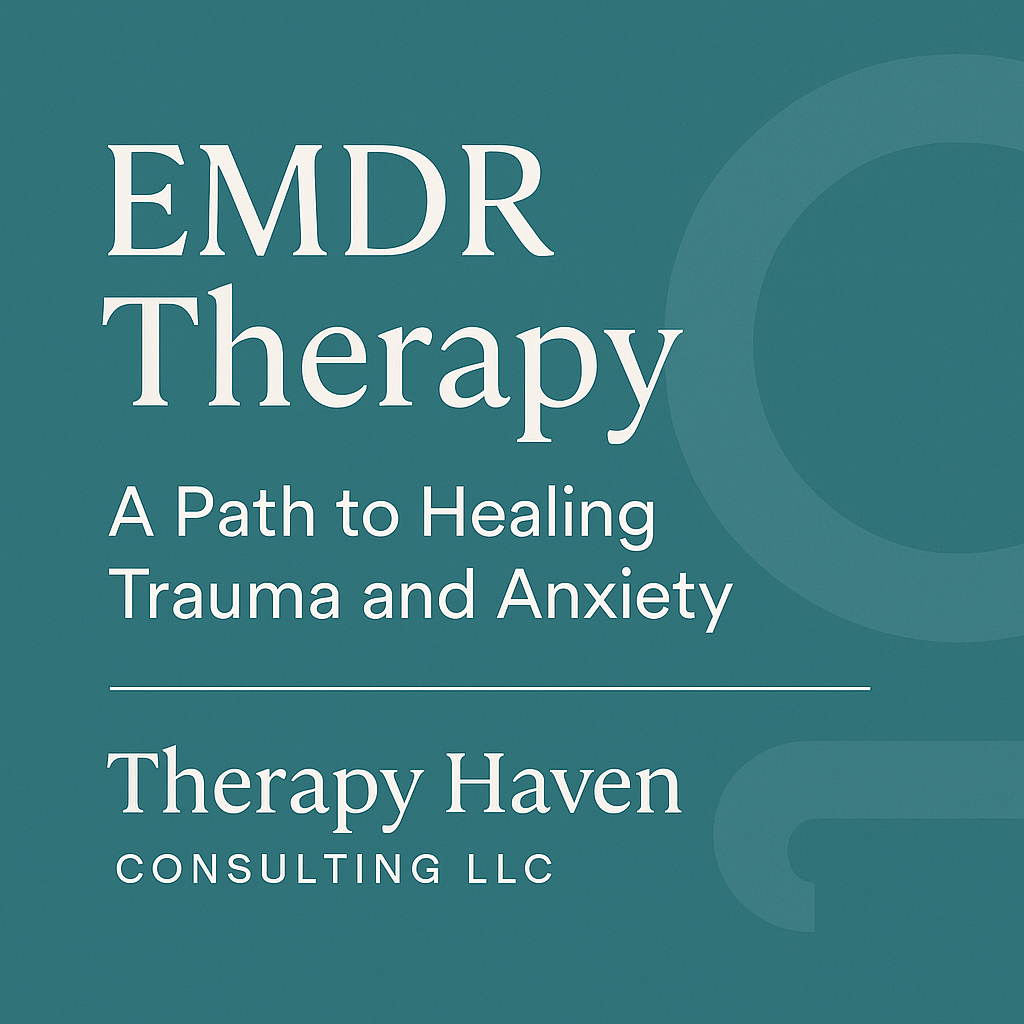Self-Reflection Tool for Managing Anxiety

Self-Reflection Tool for Managing Anxiety
Understanding and managing your anxiety begins with self-awareness. This tool provides guidance to help you identify triggers, track symptoms, and develop effective coping strategies. Along the way, it encourages you to reflect on your experiences and find what works best for you.
What Is Your Anxiety Telling You?
Anxiety can often feel overwhelming, but it can also provide valuable insights into your emotions, thoughts, and circumstances. By paying attention to your anxiety moments, you can uncover patterns and develop personalized strategies to manage them better.
Identifying Triggers
Start by asking yourself:
- What situations or events tend to make you feel anxious?
- Are there common themes, such as work, social interactions, finances, or health?
Consider these common triggers:
- Overwhelming work deadlines or responsibilities
- Social situations with unfamiliar people
- Financial uncertainty or unexpected expenses
- Concerns about health for yourself or loved ones
- Environmental factors like heavy traffic or travel-related stress
Recognizing Physical Symptoms
Anxiety often manifests physically. Tracking these symptoms can help you spot when anxiety is surfacing:
- Rapid heartbeat, chest tightness, or shortness of breath
- Muscle tension, especially in the shoulders and neck
- Headaches, nausea, or gastrointestinal distress
- Dizziness, fatigue, or feelings of being physically unwell
- Difficulty sleeping or insomnia
Exploring Coping Strategies
If you’re unsure of how to manage your anxiety, reflect on the methods you’ve tried in the past. Consider the following questions:
- Which strategies have worked well?
- What new techniques could you experiment with?
- How consistently are you practicing self-care?
Helpful strategies include:
Exercise: Activities like yoga or swimming can reduce muscle tension and improve sleep.
Breathing & Meditation: Techniques to calm your mind and regulate breathing.
Organization Tools: Manage work stress with time management aids.
Social Support: Talk with friends, family, or a counselor to gain perspective.
Hobbies: Engage in activities you enjoy to distract from anxious thoughts.
Dietary Changes: Limit caffeine and alcohol, as they can exacerbate symptoms.
Cognitive Techniques: Challenge negative thought patterns using CBT techniques.
Reflection Prompts for Self-Discovery
Use these questions in a journal or worksheet to deepen your understanding of your anxiety:
- When do you first notice your anxiety symptoms? Are there patterns in timing or circumstances?
- How do you usually respond to anxiety triggers? Are your responses effective?
- What coping strategies have you found most helpful, and why?
- Are there any coping techniques you’ve been curious to try? How might you integrate them into your routine?
- Have self-care practices (like meditation or exercise) impacted your anxiety levels over time?
- How comfortable are you discussing your anxiety with others? Has seeking support been helpful?
- What long-term goals do you have for managing your anxiety, and how can you work towards them?
Professional Insights
Experts remind us that anxiety is a manageable condition with the right tools and mindset:
- Dr. Alex Swenson advises, "Understanding your triggers is the first step to managing anxiety. By identifying what causes your anxiety, you can begin to develop effective coping strategies."
- "Consistency is key," says Dr. Sarah Patel. "Regular self-care activities can significantly reduce the severity and frequency of symptoms over time."
- Dr. Jodi Smith emphasizes balance, suggesting, "Include multiple coping techniques, as what works one day might not work the next."
- Dr. Michael Chen reassures, “Anxiety is not a sign of weakness. Seeking support, whether from loved ones or a therapist, can make a big difference.”
Actionable Steps for Better Management
Start taking charge of your anxiety today with these steps:
Keep a Journal. Record when and where you feel anxious, noting triggers and physical symptoms.
Identify Patterns. Review your journal regularly to spot recurring triggers and themes.
Try Different Strategies. Experiment with various coping techniques, and track their effectiveness.
Get Support. Talk to friends, family, or a therapist about your findings. They can offer insights and encouragement.
Plan for Consistency. Integrate your preferred coping methods into your daily routine to build resilience.
Additional Resources
- Explore these trusted tools to further support your anxiety management:
- Books: Anxiety and Phobia Workbook
- Apps: Calm, Headspace
- Websites: Anxiety and Depression Association of America
Final Thought
Remember, anxiety is part of the human experience. While it might feel overwhelming at times, it doesn’t define you. By learning to understand and manage your triggers, you can take powerful steps toward regaining control and achieving emotional balance. Take it one day at a time—and don't forget to lean on your support system when needed.
If you are in need of professional help please contact us to schedule a free 15 minute consultation at 803-373-1240 or info@therapyhaven.org
Disclaimer: This is for educational purposes only


